Not my last completed model of 2023, but the last one I wrote a few words about: Yak 50 aerobatic plane in the colours of DOSAAF!
The powerful and agile Yak 50 can be considered one of the great designs in the field of aerobatics: since its appearance in 1973, it has repeatedly written success stories at competitions and was the declared favourite aircraft of prominent top pilots. The 1976 World Aerobatic Championships, organised by the FAI and held in Kiev, provided the new Yak 50 with its first major international stage - and the aircraft knew how to impress! The first two places in the aerobatics competition were flown by Yak 50s, as were the top six places in the classification for female pilots.
However, the outstanding aerobatic qualities came at a high price: the extremely powerful design with a Wedenejew M-14 radial engine of 350 hp and a dead weight of 900 kg was prone to dangerous flight behaviour or, in the worst case, even material breakage when overstressed. Fatal crashes occurred time and again, with even experienced pilots such as Viktor Letsko, one of the 1976 winners, falling victim. It was noticeable here that the design was probably too uncompromisingly focussed on lightweight construction and the resulting performance. When the accident rate rose alarmingly in the mid-1980s as a result of increasing material fatigue and more modern machines began to occupy the top positions in high-performance aerobatics, the great era of the Yak 50 came to an end. Around 312 examples were built in the 1973-1985 production period
The sleek design of this high-performance aerobatic aeroplane clearly shows the "sharp" focus on performance; in this respect, it is surprising that the aircraft was developed from a predecessor model that was widely used for beginner training in the Eastern Bloc countries. Under the direction of Sergei Yakovlev, the Yak 50 was derived from the Yak 18, a two-seater trainer and liaison aircraft on which countless pilots gained their first flying experience. The Yak 50 in turn became the progenitor of a highly successful further development: the two-seater Yak-52, equipped with a nose wheel, was also to become an icon of aerobatics in addition to its role as a trainer.
My model shows the Yak 50 in the colours of the "DOSAAF", a far-reaching paramilitary organisation of the Soviet Union "to strengthen the defence readiness of Soviet society". The translation of the letter abbreviations means roughly: "Voluntary Society for the Support of the Army, the Air Force and the Fleet".
In the 1990s, a number of Yak 50s and Yak 52s came to the West, where they are cherished and cared for by enthusiasts, some of whom still use them for aerobatics. So the prospect of seeing a flying Yak 50 today is not at all remote!
About the kit and building process
The Yak 50 model project was one of my first encounters with a kit from Amodel, and I recognised a few things from other kits from the manufacturer: for one thing, the parts have a high degree of fish skin and also appear to have been cast rather uncleanly. With a little reworking, however, the plastic parts turn out to be quite accurate and attractively detailed. One lesson for me was therefore that you shouldn't be put off by the first sight of Amodel! Putting a little energy into preparation and cleaning up should prove to be a worthwhile investment.
Accordingly, the assembly of the trimmed individual parts is easy and, in keeping with the less complex nature of the prototype, you can also achieve a respectable result relatively quickly.
Two things should be emphasised: the clear parts are a challenge. Not the fit - which is very good - but the lack of transparency is a concern. As a result, I decided to mould the relatively easy-to-build sliding cockpit myself; a "first" for me, by the way!
My judgement of the decals, on the other hand, is exclusively positive. Although I masked all the red areas, which are also included as decal material, and painted them myself, the rest of the markings used were of impressive quality. I have rarely seen such wafer-thin and yet amazingly stable decals!
This project has once again given me reason to be pleased with the choice of prototypes and the high quality of Amodel kits hidden behind a few peculiarities. For me it was a highly interesting excursion into the fascinating world of high-performance aerobatics!
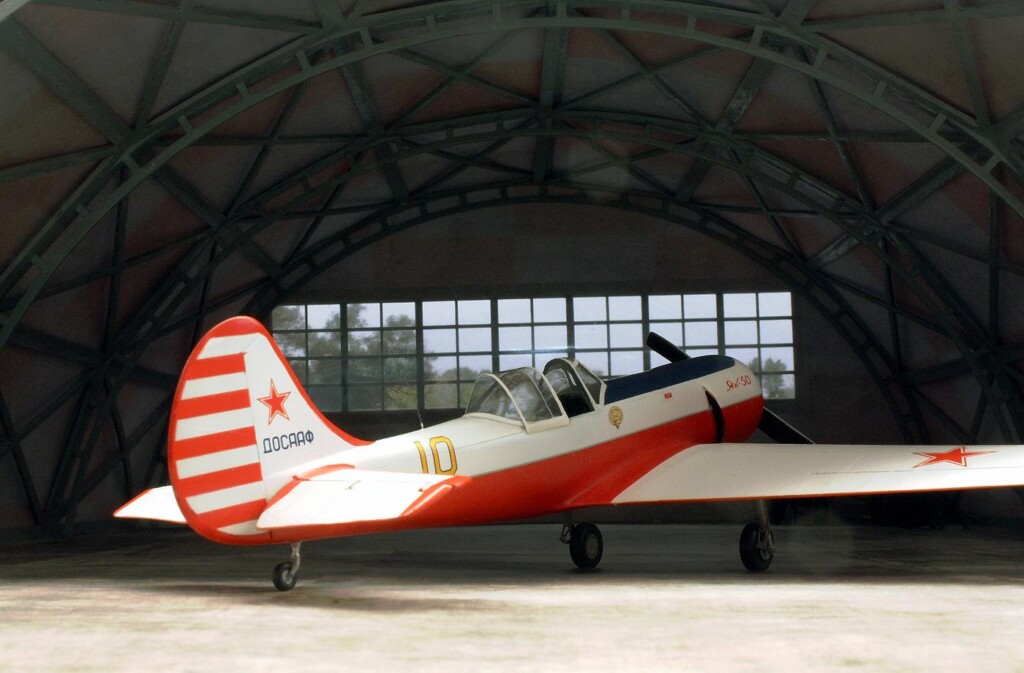
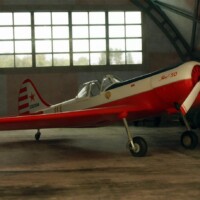
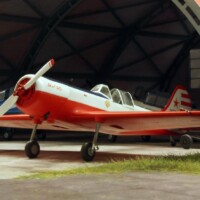
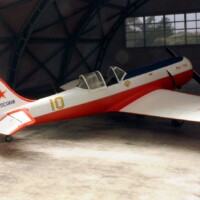
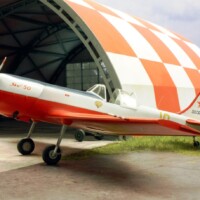
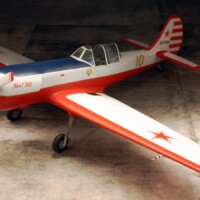
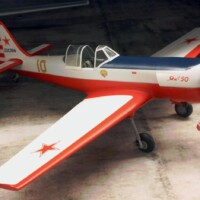
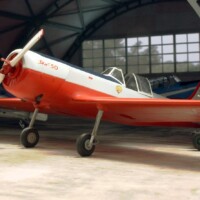
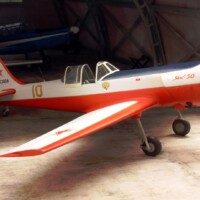
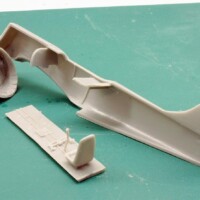
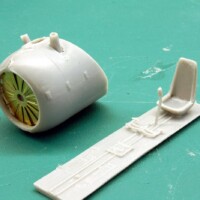
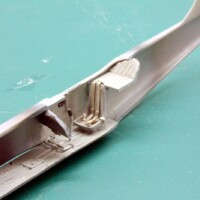
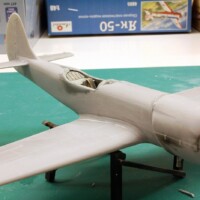
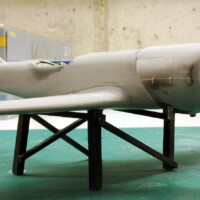
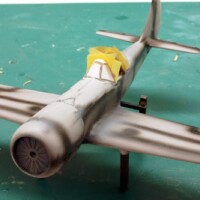
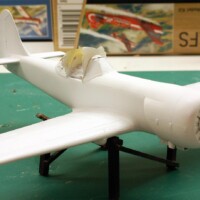
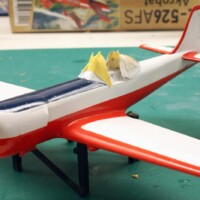
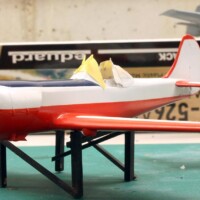
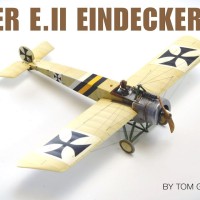
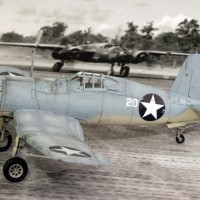
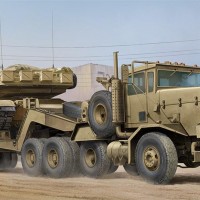
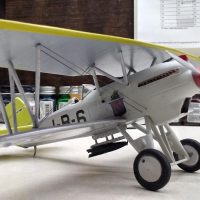
this will be beauty!
Regards, Djordje
Thank you!
Very nice as usual, Roland. Happy new year!
Tom thank you for words and wishes! Happy New Year to you and all the best for 2024!
Very nice job!
I ordered a bunch of the Coastal Kit backgrounds and bases after seeing you use them over the past few years. The new hangers you have been using are nice as well!
I am delighted if I have been able to inspire you to make these purchases! You will enjoy them!
Nice eye candy - spectacular photos!
Thank you Chas!
A beauty, Roland!
Happy New Year!
Thank you for your comment- happy new year to you, Spiros!
A lovely little bird.
Thank you George!
Very nice effort. @rosachsenhofer
I appreciate that, thank you!
Absolutely beautiful, Roland @rosachsenhofer
Also the way you presented is superb, very nice pictures.
Quite motivating! Thank you for your kind words!
Very nice build!
Thank you Greg!